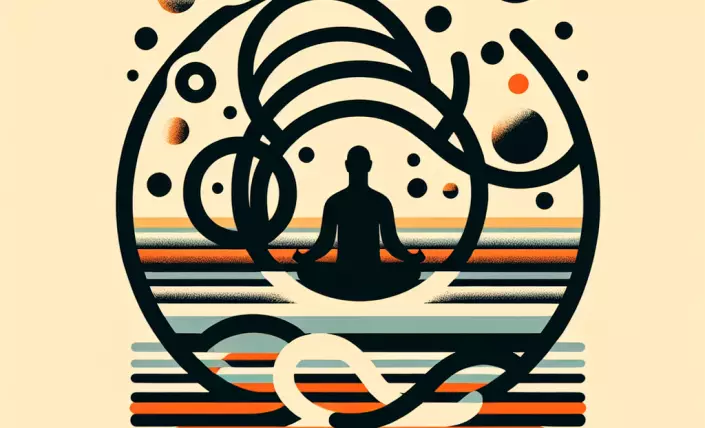The philosophical musings of John Locke have profoundly influenced the way we perceive knowledge and understanding. At the heart of Locke's philosophy is the idea that human knowledge is not innate but rather acquired through experience. This proposition, although seemingly simple, invites us to delve deeper into the nature of our own understanding and the processes by which we come to know the world. This exploration is not merely an academic exercise; it is an invitation to reflect on the very fabric of our lives and the ways we construct meaning.
Locke's assertion that the mind at birth is a tabula rasa, or blank slate, challenges us to consider the implications of our experiences in shaping our understanding of the world. In this view, all our knowledge stems from sensory experiences and the reflection upon these experiences. This idea forces us to consider the sources and reliability of our knowledge. We must ask ourselves: How do our personal experiences color our perceptions and beliefs? Are our understandings of the world built upon solid foundations, or are they fragile constructions liable to collapse under scrutiny?
In our day-to-day lives, we often take for granted the knowledge we possess, rarely questioning its origins or validity. However, Locke's philosophy urges us to engage in a process of continuous questioning and reflection. By doing so, we not only gain a deeper understanding of the world but also of ourselves. This approach to knowledge encourages humility, recognizing that our understanding is always limited and subject to revision. It also fosters a sense of curiosity and openness to new experiences, knowing that each encounter has the potential to expand our horizons and reshape our understanding.
Locke's emphasis on experience as the foundation of knowledge also has profound implications for personal growth and development. It suggests that we are not bound by the limitations of our past but are capable of continuous learning and evolution. This perspective empowers us to seek out new experiences, challenge our preconceived notions, and embrace the complexities of the world. In doing so, we not only enrich our understanding but also cultivate a more empathetic and compassionate view of others, recognizing that their experiences, too, shape their understanding of the world.
Ultimately, Locke's philosophy invites us to embark on a journey of self-discovery and intellectual exploration. It challenges us to question the assumptions we hold, to seek out new experiences, and to reflect deeply on the nature of our understanding. In doing so, we not only honor the legacy of Locke's thought but also enrich our own lives, cultivating a sense of curiosity, humility, and openness to the ever-evolving tapestry of human knowledge.










